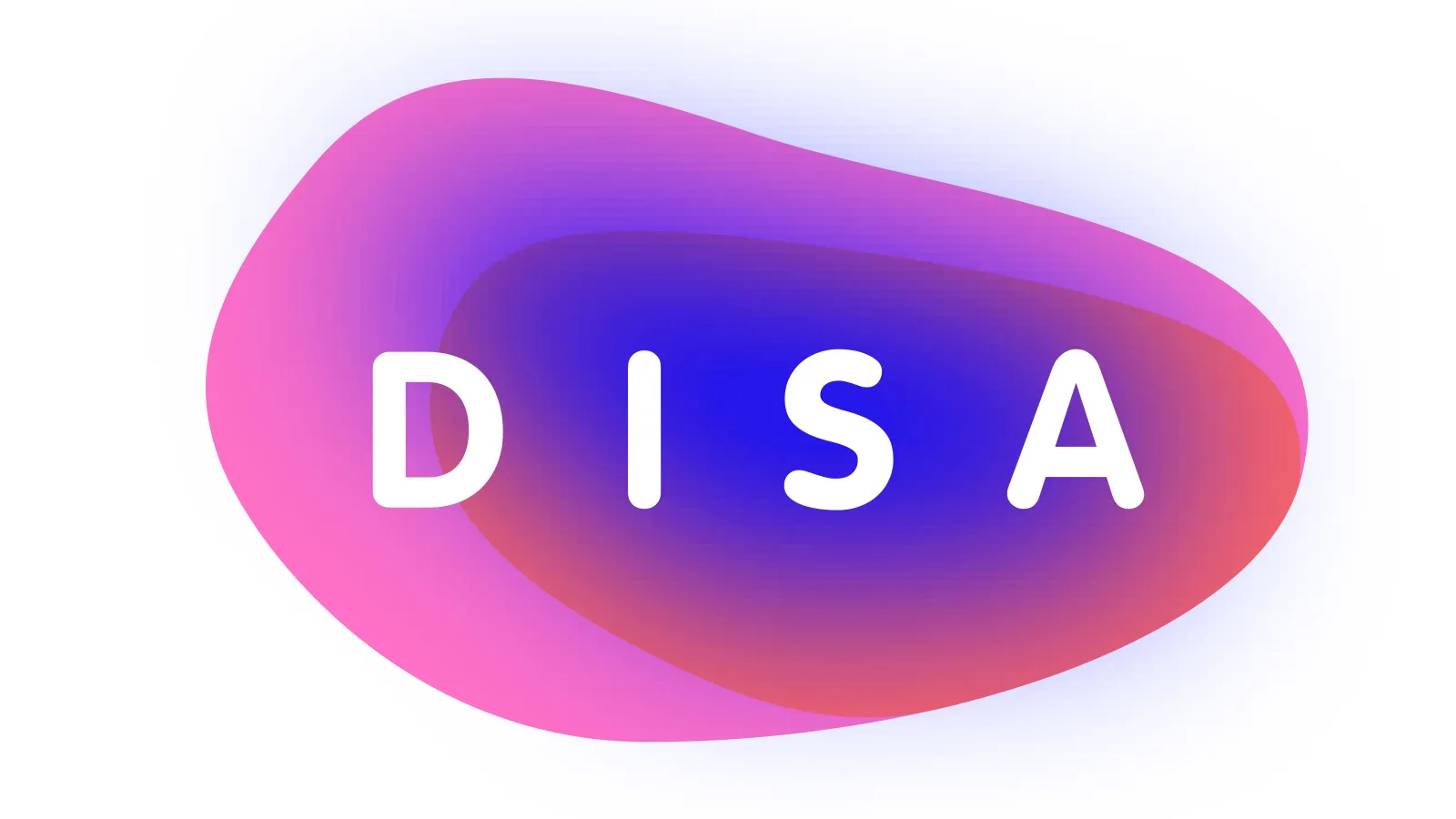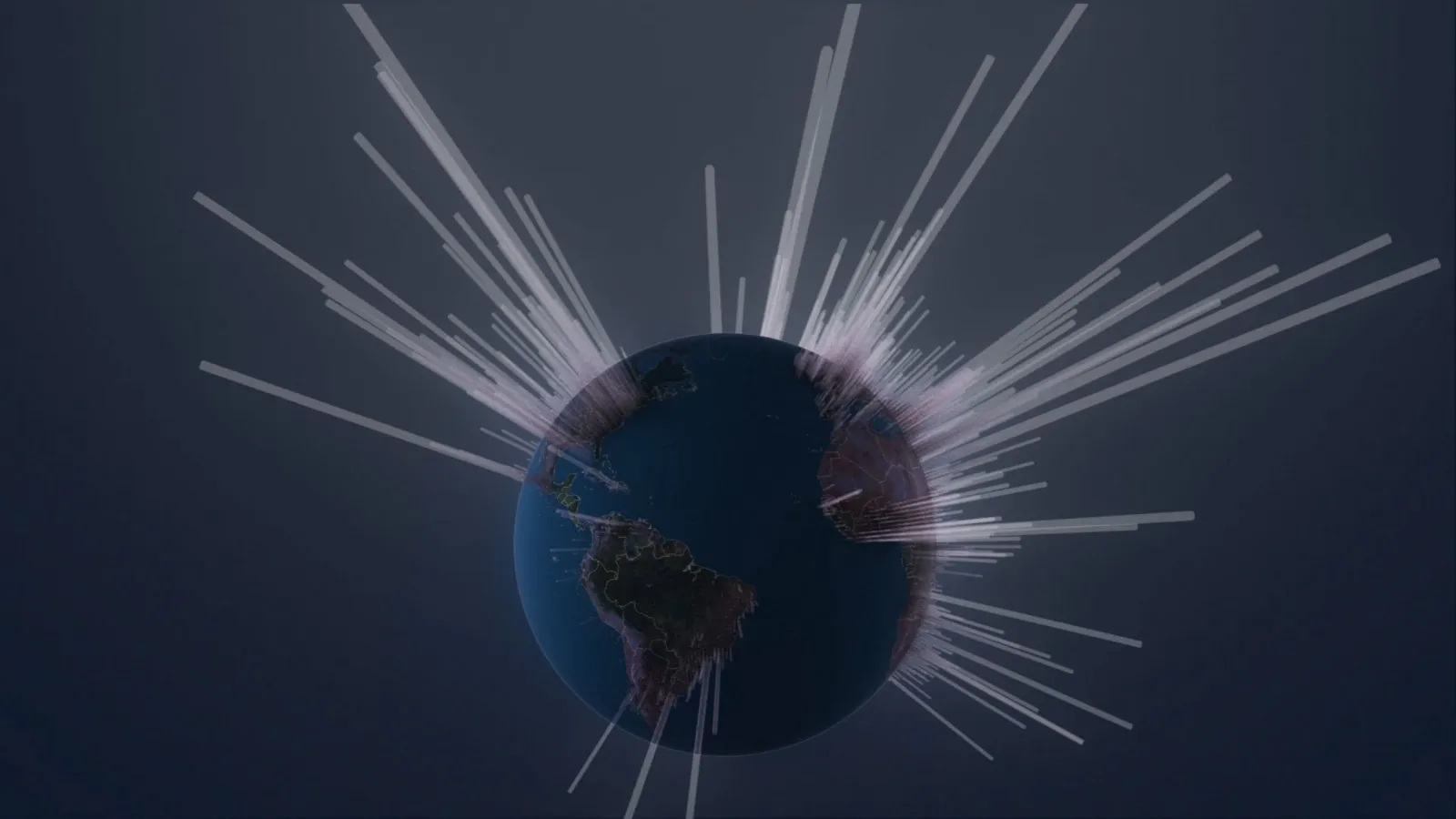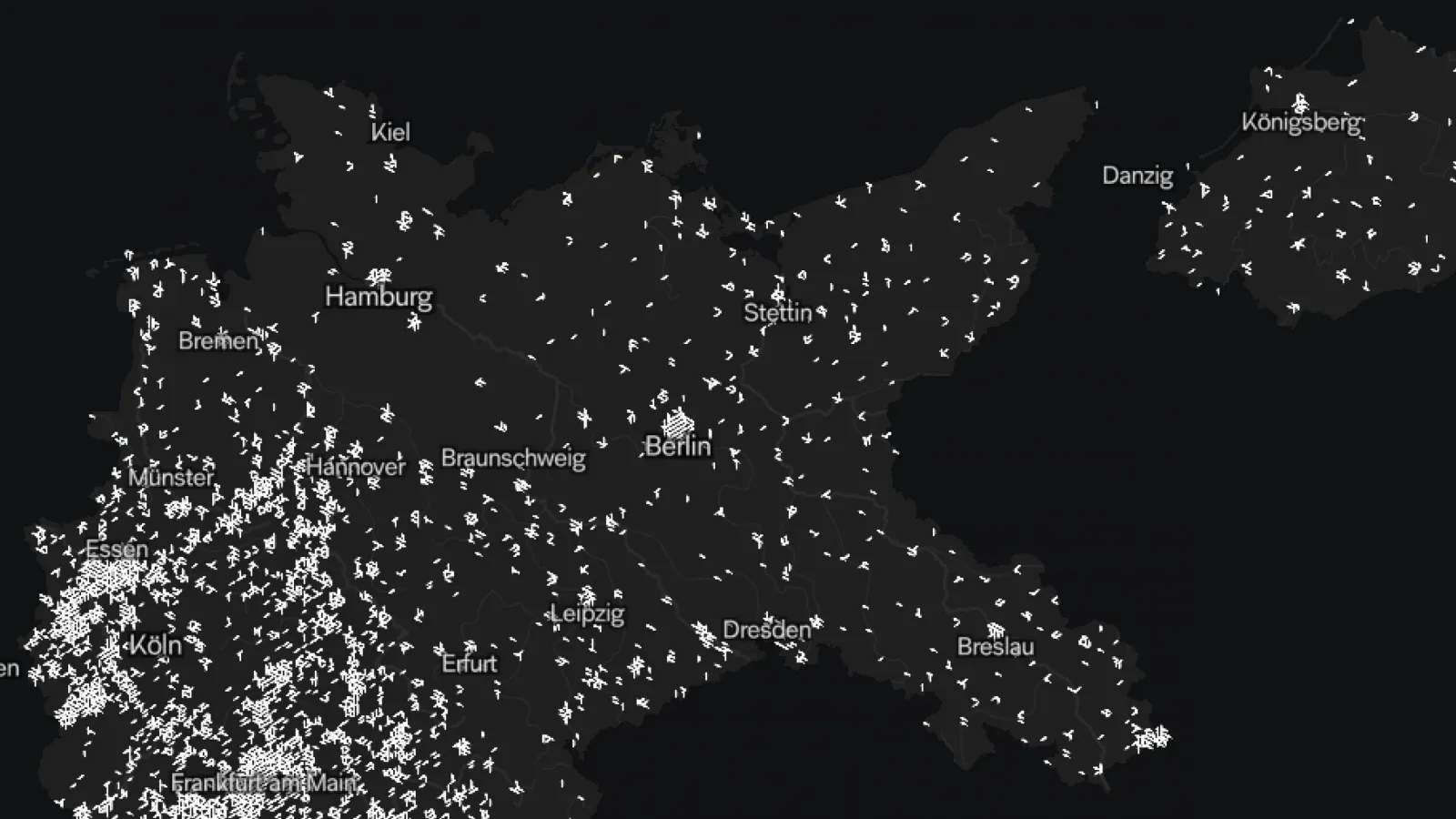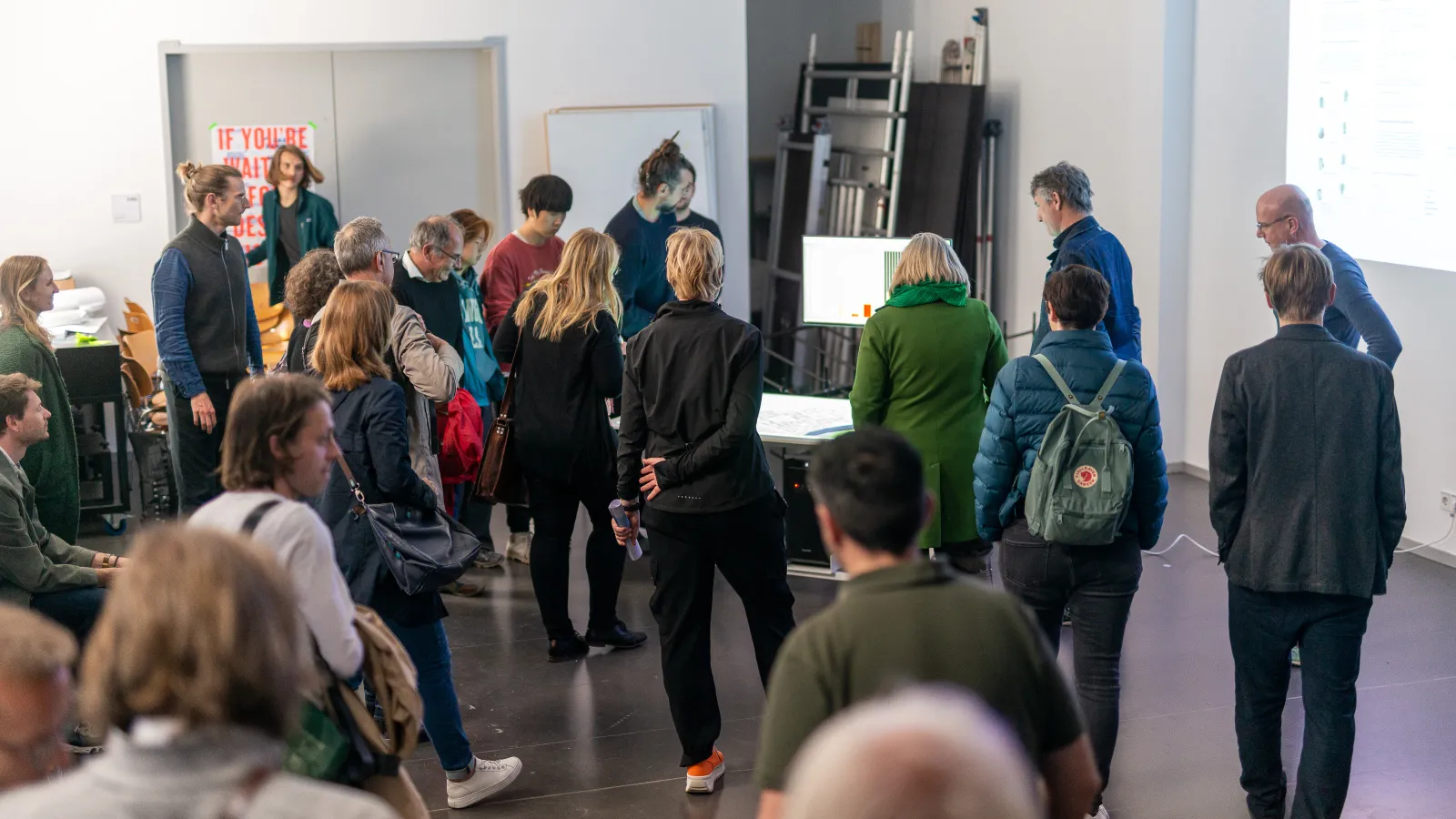Digital Space – Data, Interaction, Knowledge
The research focus "Digital Space – Data, Interaction, Knowledge" develops digital visualisation and interaction formats for the sustainable development of urban regions.
How can digitalisation be used to shape a sustainable urban future?
Data | Interaction | Knowledge
Digitalisation and the handling of digital data permeate all areas of our society. This development is both a challenge and an opportunity to overcome past and current problems and shape the future. Advancing digitalisation is accompanied by both technological and social transformation processes, which are particularly successful if the associated issues from the various areas of life are linked and a critical debate can take place.
In recent years, a thematic focus on the structuring, evaluation and interactive visualisation of data has been successfully established at the University of Applied Sciences Potsdam, shaping the university's profile. Numerous professors are involved in interdisciplinary projects in research, transfer and teaching. Interdisciplinary and transdisciplinary issues are jointly addressed in order to develop practicable solutions for the sustainable handling of issues relating to data and digitalisation.
Human-Data Interaction
The thematic framework for these projects and initiatives from research, transfer and teaching is formed by the Profile Line "Digital Space – Data, Interaction, Knowledge" profile line. The focus is on methodological approaches to understand the complexity of urban processes, social dynamics and digital information spaces and to test them in a realistic way using participatory methods. The profile line follows the paradigm of human-centred digitalisation, which focuses on critical debate as well as the – often contradictory – expectations, needs, but also fears and uncertainties of the people and institutions affected. Participation, prototyping, simulation and evaluation as well as the iteration of potential solutions are central components of this approach, as are the preparation, analysis and publication of data.
FAIR data management and open science
Research and teaching activities on the challenges of dealing with very heterogeneous small data collections and the processing of data from different data sources as well as on fair, i.e. free and, as far as possible, barrier-free and sustainable access to research data and their subsequent use at national and international level round off the competence profile. FAIR data management and open science are key topics for the development of collaborative data ecosystems. The data competences required for this are gradually being developed at the University of Applied Sciences Potsdam in all disciplines together with the relevant cooperation partners and made available to other interested stakeholders.
Topics, methodology & perspectives
Lighthouse projects

DISA – Digital Inclusion in the Context of Social Anxiety Disorders
The project addresses digital inclusion in the context of social anxiety disorders.

SENSES – Applied Climate Scenarios: Perspectives and Options for Action
The SENSES project translates complex scientific climate scenario information into relevant knowledge for different user groups.

Topography of Violence
Research cooperation with the Jewish Museum Berlin on the visualisation of anti-Semitic acts of violence between 1930 and 1938

Institute for Applied Research Urban Future
Founded in 2014, the Institute for Applied Research Urban Future (IaF) at the University of Applied Sciences Potsdam is an interdisciplinary institution that addresses inter- and transdisciplinary issues of urban developments. The aim is to develop solutions for sustainable urban development.
The IaF sees itself as a catalyst for applied research, supports cooperation between different disciplines and promotes cooperation with practical partners from business, administration and civil society.
Profile Line Day 2023
The first profile line day "Digital Space – Data, Interaction, Knowledge" took place on 17th May 2023. The event offered university members the opportunity to gain an interdisciplinary insight into the interdisciplinary programme, to get to know current projects and to exchange ideas with colleagues and students. In addition to scientific content and exciting research projects, researchers, teachers, staff and students of the University of Applied Sciences Potsdam were also able to explore the associated laboratories, labs and workshops.
Study programmes in the Profile Line "Digital Space – Data, Interaction, Knowledge"
More courses| Department | Degree programme | Teaching language | Start of study | Application deadline |
|---|---|---|---|---|
| |
Archival Studies (BA) | German | Winter semester | 15/06 – 15/08 (free of admission) |
| |
Arts Management and Cultural Work (BA) | German | Winter semester | 15/05 – 15/07 (restricted admission) | Dates of the selection interviews: 27/06 – 28/06 und 18/07 – 19/07 |
| |
Communication Design (BA) | German | Winter semester | 15/05 – 15/07 (restricted admission) |
| |
Design (MA) | German, English | Winter semester | 15/05 – 15/07 (admission restricted) Registration for the qualifying examination:
until 01/04 |
| |
Digital Information Management (MA) | German | Summer semester, Winter semester | 15.01. - 01.03. (study track DI3) and 15.06. - 01.08. (study track DI4) |
| |
European Media Studies (BA) | German | Winter semester | until 15/07 at the University of Potsdam (admission restricted) |
| |
Information Studies (BA) | German | Winter semester | 15/06 – 15/08 (free of admission) |
| |
Interface Design (BA) | German | Winter semester | 15/06 – 15/07 (free of admission) |
| |
Library Science (BA) | German | Winter semester | 15/06 – 15/08 (free of admission) |
| |
Urban Futures (MA) | German | Winter semester | 15/05 – 15/06 (restricted admission) |



